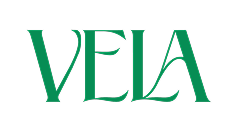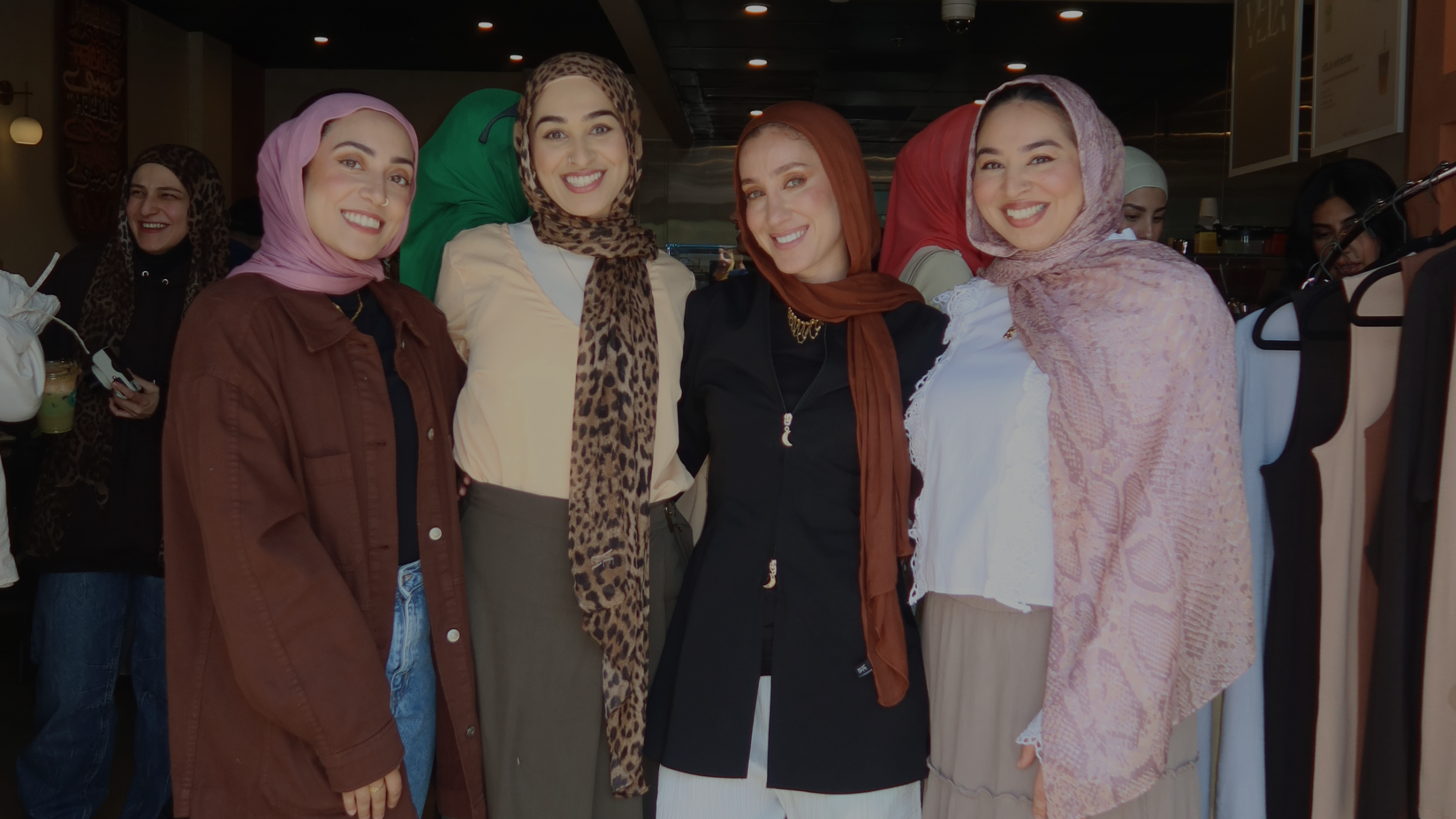Concealing our Beauty to Showcase our Personality
When people see a woman in a hijab, assumptions often follow. For many, the hijab is immediately associated with conservatism, oppression, or a lack of autonomy. But the truth is, that narrow gaze—fueled by media, misunderstanding, and cultural bias—completely misses the point. It reduces a powerful personal choice to a symbol of silence. It's time we talk about what the hijab really represents—and who we really are.
The hijab isn’t a surrender to society’s expectations—it’s a resistance against them. In a world obsessed with physical appearance, where women are constantly told that their worth lies in how attractive or desirable they are, the hijab is a bold declaration: I am more than what you see.
Contrary to the stereotype, wearing the hijab doesn’t mean we are ultra-conservative, isolated, or anti-modern. We are lawyers, artists, engineers, athletes, activists, entrepreneurs, students, mothers, and friends. We are thinkers. We are doers. We are people with style, humor, depth, and agency. The hijab does not cancel out our personality—it highlights it.
We don’t conceal our beauty because we’re ashamed. We do it because we want to be seen for more.
Our hijab is not a barrier; it’s a lens. It forces others to focus on our character, intellect, and actions instead of reducing us to appearances. It gives us the space to lead with substance, not surface. When we choose to wear the hijab, we’re not erasing ourselves—we’re defining ourselves on our own terms.
And yet, the stereotype persists. The assumption that hijab equals silence, submission, or suppression is not just tired—it’s dangerous. It flattens our stories, our voices, and our diversity into a single narrative written by people who’ve never bothered to listen. That’s why it’s more important than ever to speak out, show up, and shatter the mold.
Because here’s the truth: We don’t need saving. We need seeing.
Hijab is not a limitation. It’s a liberation from societal pressures that expect us to perform femininity a certain way. It is not a costume of conservatism. It is a complex, powerful expression of identity, faith, and personal choice. And it looks different on every woman who wears it.
Instead, see her. Hear her. Respect her.
We are beyond the stereotype. And it’s time the world caught up.



Leave a comment